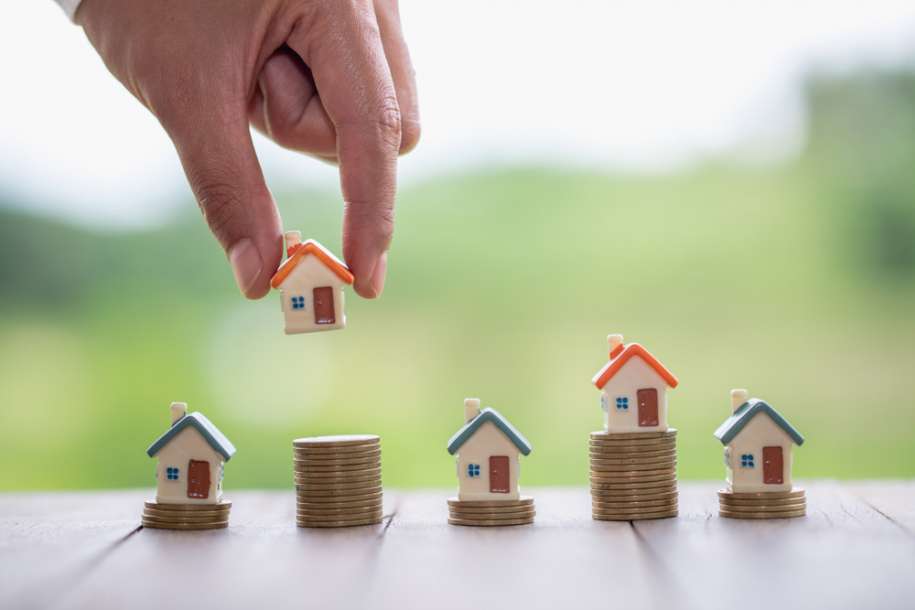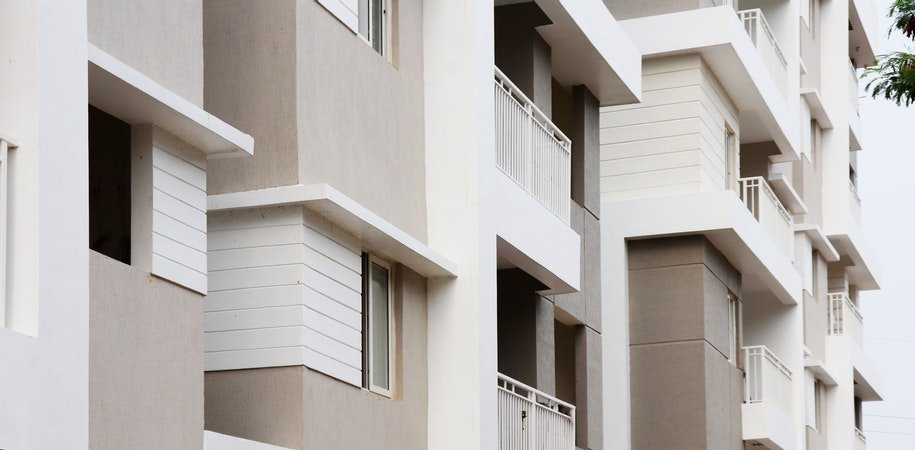Checklist Of Things To Consider Before Investing In Real Estate
A quick fun fact on real-estate before we delve into the intricacies, it is presently on the list for top-ten makers of billionaire! Also, almost 90% of the millionaires owe their success to real estate investing. With so much to gain in this field, you have most probably dreamt of owning properties that ensure a steady cash flow, a means for passive income and saving up enough for retirement while simultaneously diversifying your investment portfolio. One of the primary reasons people opt for real-estate investment is because they play an active role. If you considered stock, bond, or even mutual fund, you don’t have the keys to control its activities. All you can do is watch it either plummet or rise from the side-lines.
As the property’s value increases with time, return-on-investment is more or less guaranteed. However, when it comes to initial cash yield in real estate, it is limited in comparison to the other popular forms of investment. To embark on your journey in real estate investment, you must hold an intensive amount of capital. It is essential to understand some of the critical factors in purchasing a housing property to gain profit.
We have compiled the top 6 elements to take into account before advancing on a property.
Purpose Of Investment
You must plan out the purpose or objectives before investing in real estate. This is mainly because this industry might lack some clarity, and without a plan, you are most likely to face financial distress. While purchasing a property, you are supposed to deal with low liquidity and high-value investment rate. Always remember to have specific goals that will promptly lead you on the path of success.
Take a look into the following categories to help you chalk out your future scheme and tailor your actions according to the investment’s purpose-
Buy And Self-Use : By purchasing a property for self-use, you are highly saving on the money for rent. With time, the property’s value will increase, and you have the chance of making a profit in the future because of its value appreciation.
Buy And Lease : Leasing out your properties will provide you with a constant income and a prolonged value appreciation with tax benefits. You have the opportunity to maximise your capital through leverage, but on the flip side, you have to shoulder the responsibilities of a landlord. Have an in-depth knowledge about statures and legal disputes and patience to solve the problems of the tenants.
Buy And Sell (Short-Term) : Flipping real estate properties can ease the pressures of looking for a tenant and maintaining the property. This is usually a swift method for a small to medium gain. It involves the idea of selling out the site after its completion in construction. It may typically provide you with capital for any further purchase.
Buy And Sell (Long-Term) : This strategy works on the principle of buying and holding properties for a long span of time, usually more than five years. Since time is on your side, you can breathe and then seek out a plan to improve the property's condition. It generally focuses on a substantial inherent growth in its value and works as a supplementary factor for extended-tenure goals, such as retirement.
Your Credit Score
Sometimes acquiring a home loan seems like an appropriate option when buying properties. However, the caveat is that you need to possess a worthy credit score to reduce the risk of your loan being rejected. A good credit score forms a direct correlation with the lender on deciding whether you are qualified enough to borrow money. It will also pave the way for obtaining less interest rates; otherwise, it can either be denied or result in the payment of much higher interest costs. If you don’t have a good credit profile, it's high time to raise its standard.
The Type Of Property
When you venture out in the field of real estate business, you have a crucial decision to make, that is, the type of properties best suited for your long-term goals. There primarily four types of real estate properties, residential, industrial, retail, and commercial. If you are thinking of investing in the safest form of property, residential investment is your answer. With the ever-increasing population in today’s world, people are always looking for an abode. It constitutes the basic requirements desired by any human, shelter, and safety. You can rest in the thought itself that you are obligated to find renters looking for someplace to stay. Although it might have a more inadequate edge on the profit, it will cater to a consistent cash flow.
If you seek to stop at the foot of a more significant profit margin, then investment in commercial, retail, and industrial properties makes sense. It has been estimated that commercial sites generally have a return value between 6% and 12% annually. Yes, it does depend on the location, but it is still higher than the returns of 1% to 4% from housing properties. With more significant payback comes greater risks. You may have to withstand situations wherein the property remains vacant for some time or no payment during harsh economic times. It’s clear that you need to have explicit knowledge about the pros and cons, along with your financial condition, before gambling with your life and luck.
Location Is Of Utmost Priority
A traditional rhetoric of location is a significant concern for all real estate buyers. Do you know why? It’s because it accommodates a notable role in transmuting investment into profitability. A strategic venue of the property will render desire for an individual, which will encourage them to buy or rent the place. The location and neighborhood will determine whether an individual would be further interested in locking the deal. Most people will look for essential amenities such as the available security, water access, scenic sights around the residence, etc. Next, they might consider proximity to popular malls and shopping plazas, chief highways and main roads, public transport hub, restaurants, to name a few. Based on this, the price will either be high or low. For instance, if the property is not established in a prime location, the price's command will be on the lesser side. So, make sure to always evaluate the area before making a purchase to save yourself from hampering your success and profit.
Do A Cost-Benefit Analysis
If you are still deciding to buy a house and currently living in a leased place, then it would be our advice to first analyse the cost-benefit ratio of the amount you pay for rent and the price required to pay to buy the house. You could adhere to questions like, how much will you earn by the scheduled rent every month? Are you planning to live there for a short duration of time or for an extended interval? Next, when it comes to buying properties as an investment, then you have the option of monitoring the cost-benefit analysis by calculating the cash down payment and the amount of the loan. And you already know that it would be fit for investing in a property when the expenses offset the earnings. This way, you won’t have to deal much with unforeseen circumstances because you already have an idea about your financial condition. You would have a planned route ready by the time you forge a deal and solutions for almost every calculated challenge.
The Real Estate Market
Market analysis is an underrated scheme which works wonder in the long run. Evaluation of real-estate properties forms the base of meticulously researching and calculating the trends to help take better decisions. Precisely identify the area under construction to understand the size of the target market. It will help distinguish the competition between the current allocated resources to meet the particular area's requirements. Construct an idea of the future demands of the place in correspondence with the booming population and business conditions. Specific demographic data points to economic prosperity, which will eventually increase the value of your property. As an investor, if you don’t perform a detailed market analysis and keep a close watch on the trends, you are including superfluous perils in your business strategy. You would never want to lay a hand on an asset that does not promise enough return during the anticipated holding phase.
Are You Ready To Strike Off Items From Your Checklist?
Now that you have reached the end, we assume that you have acquired a rudimentary idea about necessary considerations before investing in an asset. We agree that there is an intense competition in this convoluted industry, making it rather difficult to hold your stance. And if we were to list one of the many drawbacks, it would be the dearth of liquidity. It involves converting the property into cash and vice versa, which may even take months to work out.
However, in such difficulties, you might need a hand to hold onto for a swift progression. You can delegate the responsibility to the premium listing service, Haarway. Its team of competent professionals will offer the best provisions while buying or investing in a new property.
TAG : property , Business promotion







